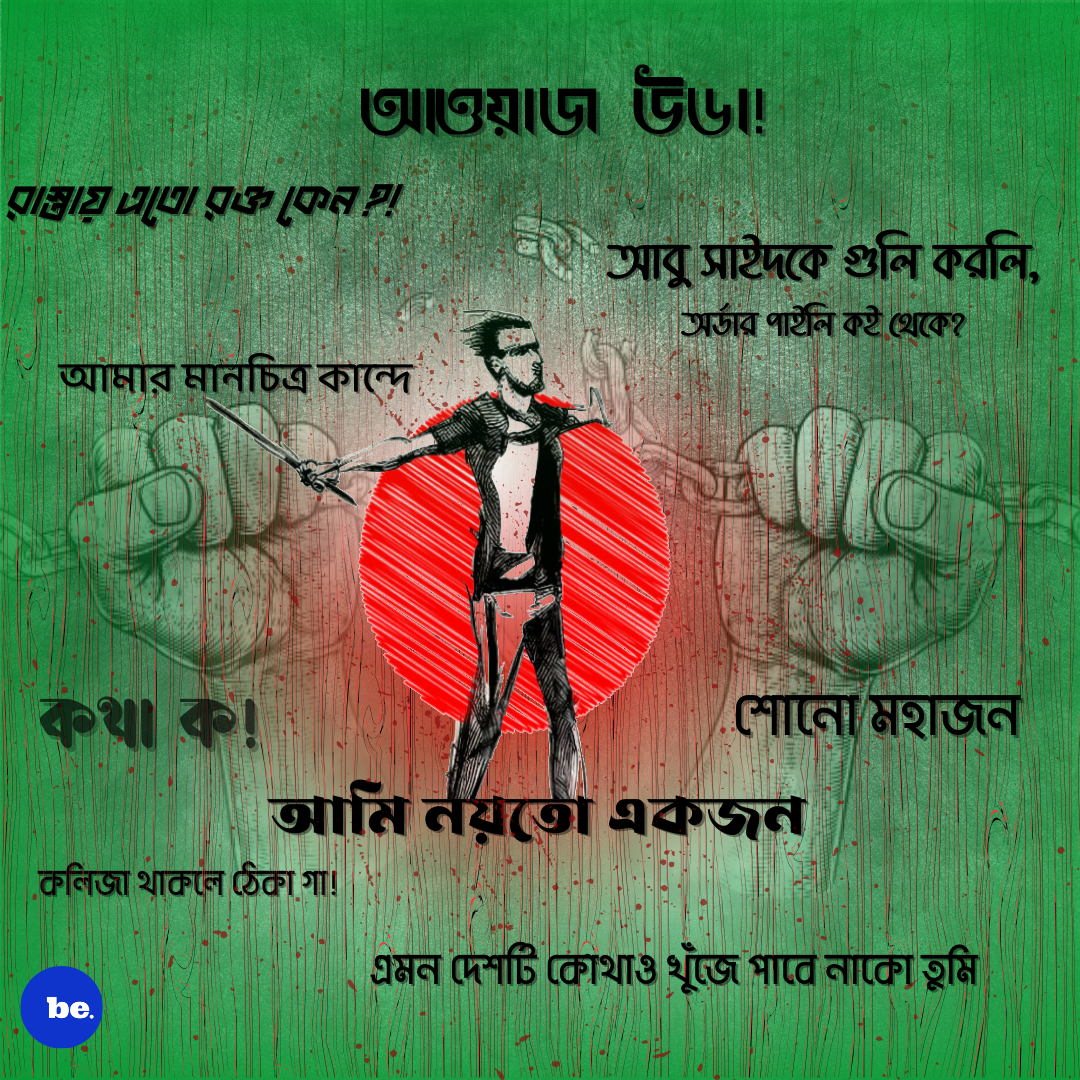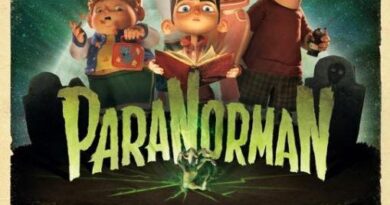Awaaz Utha Bangladesh: The Soundtracks of the Mass Uprising
If you’ve been outside in Dhaka recently, chances are you’ve seen graffiti with the words, “শোনো মহাজন, আমি নয়তো একজন” on the walls. This iconic line from the Bangla rock song by Shunno has become the anthem for Gen Z, capturing the heart of the July Uprising. Music has always been central to Bangladesh’s movements, and this one was no different.
The July Uprising was unique in a cultural sense. Under Hasina’s regime, most cultural institutions had become mouthpieces for the government, losing their mass appeal. However, during the protests, a few courageous artists dared to challenge the system, using music to point out the absurdity of the regime.
One of the most powerful moments came on August 3rd at Central Shaheed Minar. Thousands of citizens gathered and raised their voices in unison, singing, “এমন দেশটি কোথাও খুঁজে পাবে নাকো তুমি.” Dwijendralal Ray’s song, written over a hundred years ago, echoed as the people called for an end to the fascist regime.
Awaaz Utha
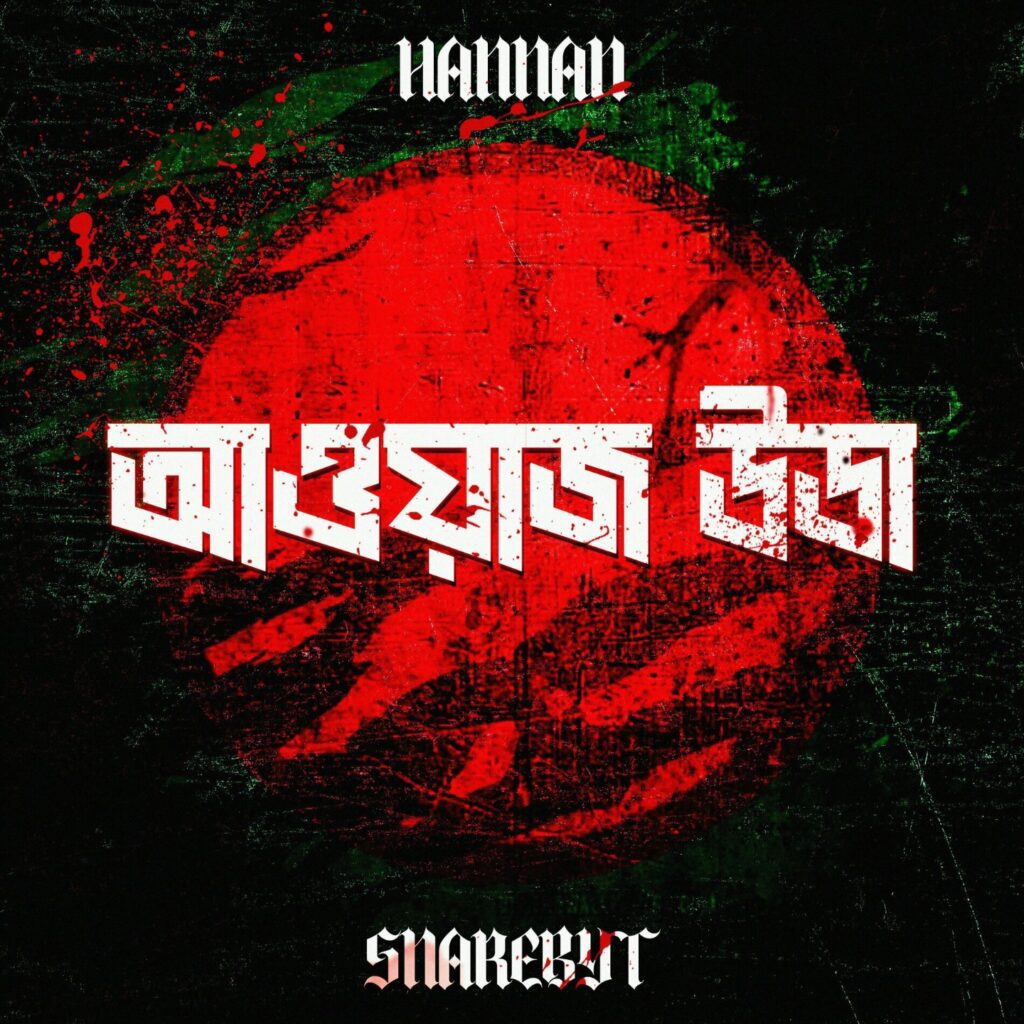
Rapper Hannan’s song “Awaaz Utha,” released on July 18th, became the anthem of the revolution, fearlessly challenging authority at a time when the music industry was silenced.
“রাস্তায় এত রক্ত কেন, আওয়াজ উডা বাংলাদেশ?”
“আবু সাঈদকে গুলি করলি, অর্ডার পাইলি কই থেকে? এবার রাস্তায় লাখো সাঈদ, কলিজা থাকলে ঠেকা গা।”
Hannan was imprisoned without cause for this song and was held until August 7th. The song’s blending of Bangabandhu’s passionate March 7th speech with the contemporary call for freedom bridged the legacy of 1971 with the present uprising.
Kotha Ko
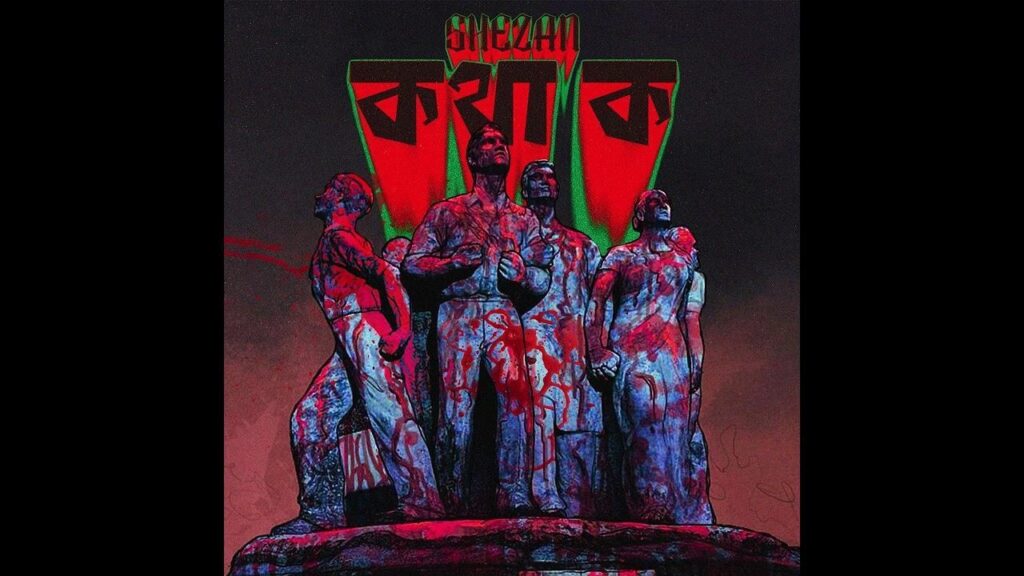
Another song that fueled the protests was “Kotha Ko” by Shezan. Its raw emotion resonated with the people. Shezan’s powerful hip-hop track, released on July 16, boldly condemned the state’s violent suppression of students and linked the ’52 language movement to the ’24 quota reform protests. It urged people to rise against the authoritarian regime.
“আমার মানচিত্র কান্দে আজকে দেইখা দেশের হাল রে, লাল সবুজের পতাকা মা পুরাডাই দেখি লাল রে।”
“দেশটা বলে স্বাধীন, তাইলে খাঁচাটা কই রে? কথা ক।”
The imagery of a bleeding red-and-green flag echoed the people’s frustration and despair.
Rokto Gorom Matha Thanda
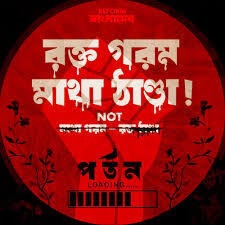
Never one to shy away, Kaaktaal dropped Rokto Gorom Matha Thanda on August 2 as a direct message to those who, under the guise of duty and greed, inflict harm on the future of our country. The song sharply critiques the corrupt government, compromised law enforcement, and all who enable the pervasive violence. Beyond condemning those in power, it calls on the public to break free from fear and defend justice.
আমি কে তুই চিনোস? তুই কি জানোস আমার নাম?
জানি অহংকারেই পতন- কইরো বিবেক পর্যবেক্ষণ
আসল খুনি কিন্তু যুক্তি না – এক কপট স্বৈরাচার -সাথে নাম লেখা তোমার।
Even after the revolution, music unites the youth. Fundraising concerts are like a Baul singer in Kushtia raising money for flood victims. Suppressed music, like Qawwali, is now revived on campuses, symbolising cultural inclusiveness.
This diversity is precisely what our music scene needs. Music and culture belong to the people, and they unite us in our shared struggles. Bangladesh is unique in its spirit and resilience. Our music should reflect that—connecting with the masses and staying true to its roots.

